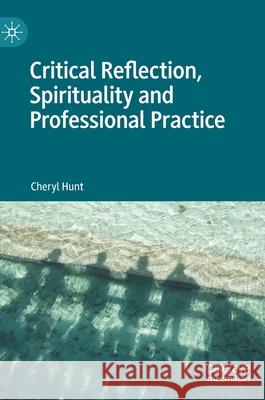Critical Reflection, Spirituality and Professional Practice » książka
topmenu
Critical Reflection, Spirituality and Professional Practice
ISBN-13: 9783030665906 / Angielski / Twarda / 2021 / 319 str.
Kategorie:
Kategorie BISAC:
Wydawca:
Palgrave MacMillan
Język:
Angielski
ISBN-13:
9783030665906
Rok wydania:
2021
Wydanie:
2021
Ilość stron:
319
Waga:
0.54 kg
Wymiary:
21.01 x 14.81 x 1.91
Oprawa:
Twarda
Wolumenów:
01
Dodatkowe informacje:
Wydanie ilustrowane











